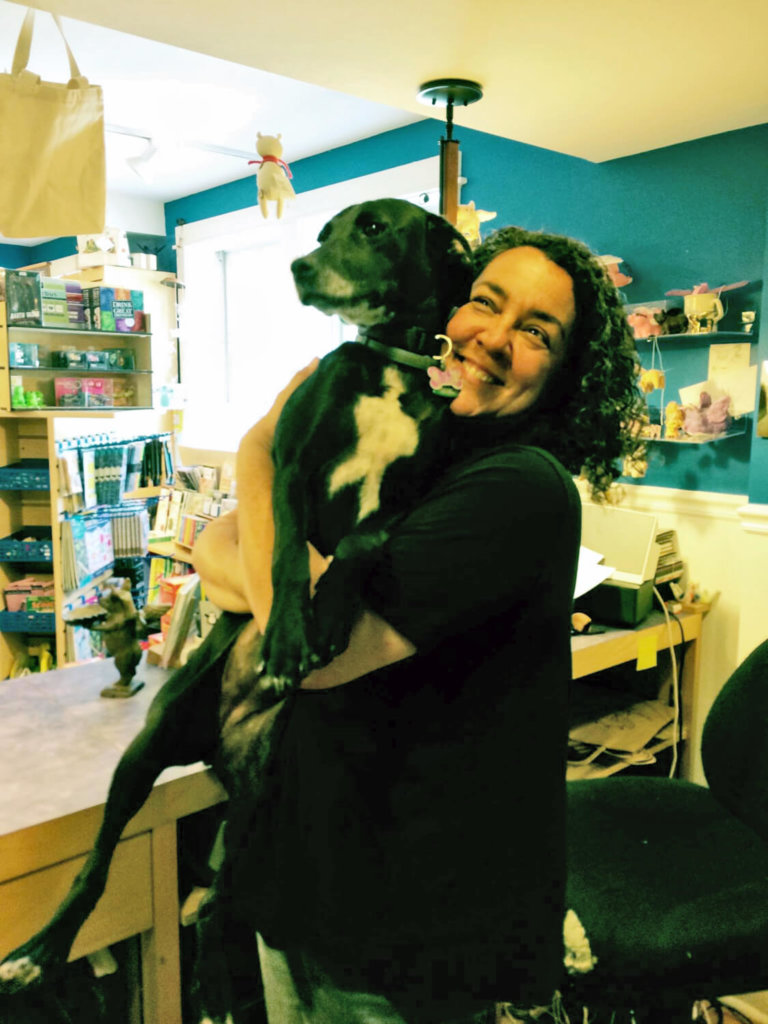Cancer conversations 101

As I mentioned in a previous article, I am being treated for early-stage breast cancer. While I’m on a break between chemotherapy and radiation, I wanted to share a few insights for folks who might have friends or loved ones who share a new cancer diagnosis with them. The range of responses is vast and spans the gamut from tears, anger, avoidance, etc. But there are few things that are really not helpful for a cancer patient.
Cancer patients need room to express what’s going on with them. Cancer is very personal. Telling someone I have cancer opens a door for a discussion about me. I am trusting you with this very personal information, and I want to share it with you. I don’t want to hear about your third cousin who died from the disease. No cancer patient wants to hear about people who have died from cancer. We just don’t.
The natural human instinct is to make connections, but in this case, connections aren’t as important as creating space to share personal fears about this new diagnosis. A simple hug and a sincere “How are you doing?” is really all that is needed.
When you have cancer you’re often being judged on how you do cancer. I have had relative strangers come up to me in the coffee shop after seeing my bald head and say things like, “You should be doing the ketogenic diet,” or “You should consider medical marijuana,” “You shouldn’t have coffee.” Here’s a suggestion, let’s not start sentences with you should.
Telling folks that I needed chemo also brought on a whole new world of over-sharing. One person said to me, “My best friend’s intestines almost exploded her first round.” Okay, just to be clear, this never, ever needs to be said, ever. Or, “My uncle stopped breathing because of an allergic reaction.” Again, no.
Cancer patients read. Our doctors tell us which of the myriad of chemo side effects might befall us. and these are plenty scary enough. Please don’t add to the terror. If you’re still upset by the truly horrific things that happened to your friends, talk to someone about it, but don’t talk to a cancer patient.
People try to be encouraging by saying things like, “You’ll be fine.” Well, you actually don’t know that. Saying that shuts the door for me sharing of my fears that maybe I won’t. I totally understand the impulse; we don’t like talking about scary health things or the possibility of the death of someone we love, but cancer patients need space to talk honestly about their fears of the big scary stuff. It’s also up to us to find the right people to talk to about this. And that might not be you.
But you might well be the person who can cook the only thing I can eat.
